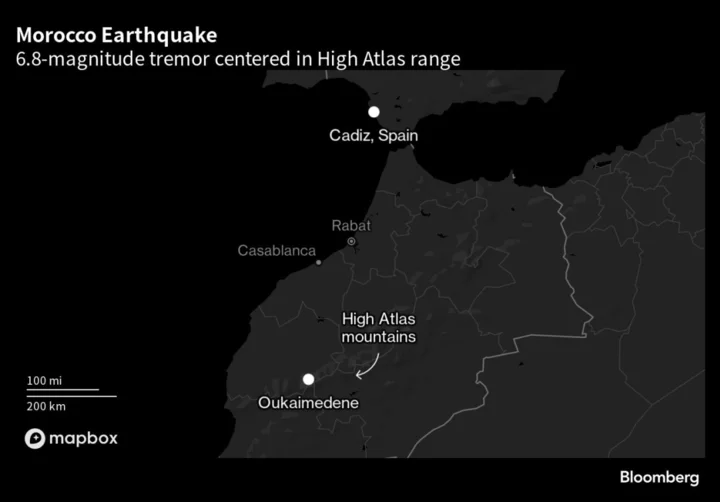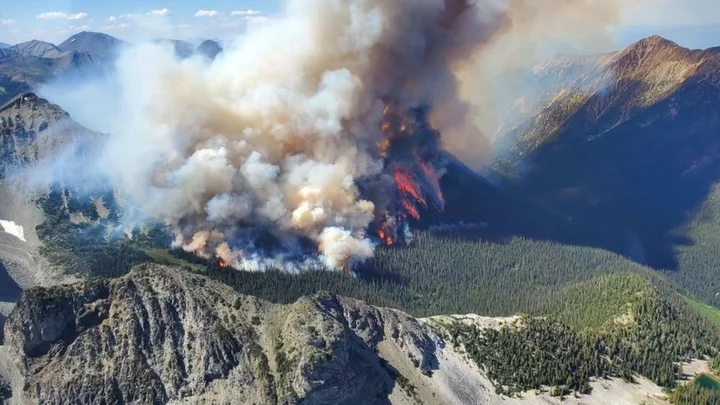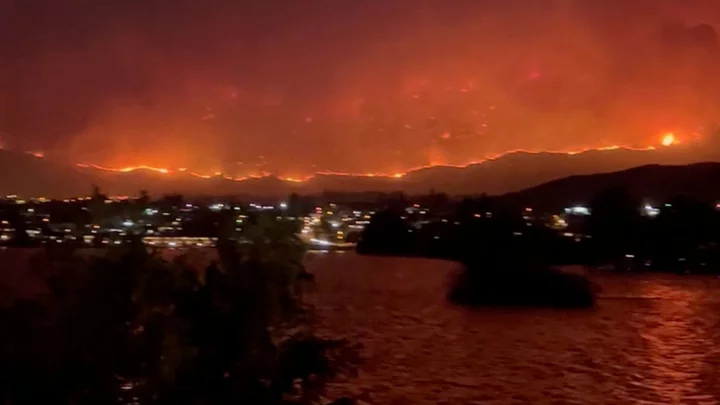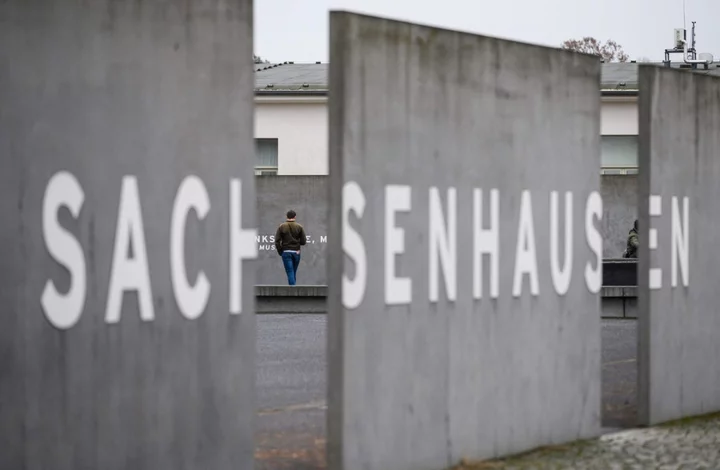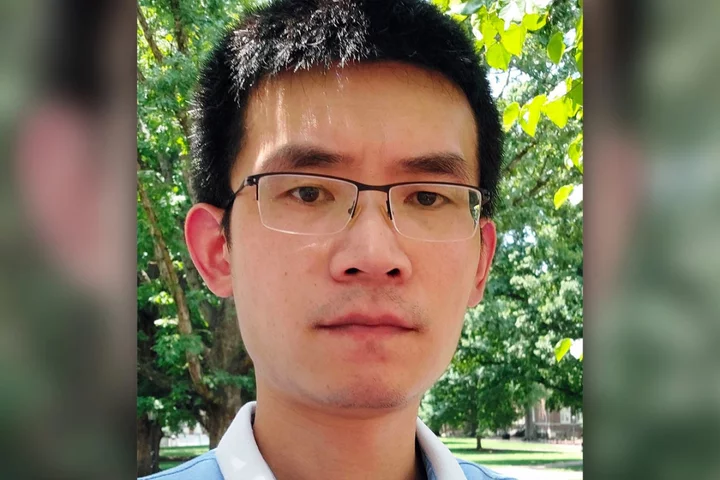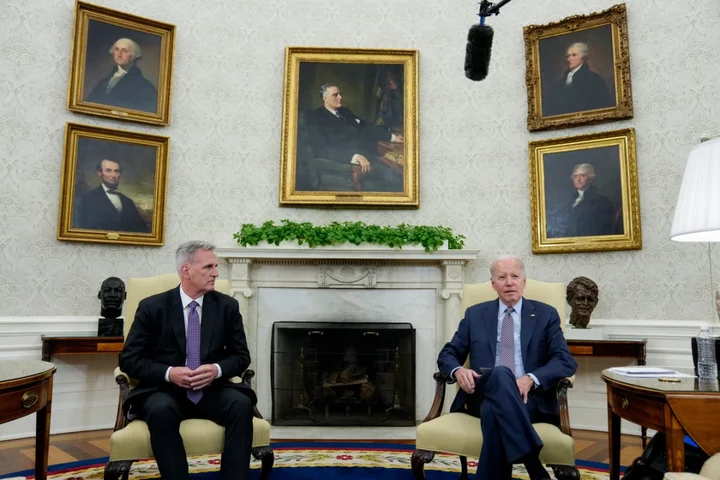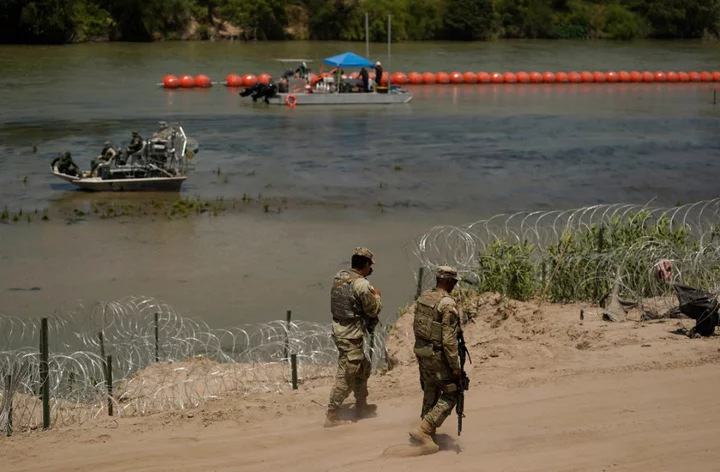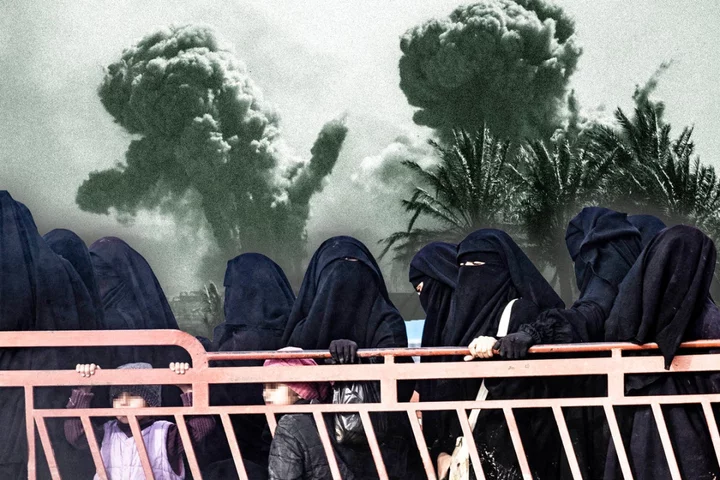Morocco authorities searched for survivors as aid offers poured in from around the world following a powerful earthquake that killed more than 2,000 people and injured hundreds of others.
Small towns and villages dotting the High Atlas mountains, outside of Taroudant and the tourism hub of Marrakech, were among the hardest hit, though some historic landmarks were damaged. Many buildings in the area are made of adobe.
Late Saturday, King Mohammed VI decreed three days of national mourning. The monarch, who was abroad at the time of the Friday disaster, also called for donations from citizens and local businesses.
The “painful” earthquake caused “important human and material losses in several regions of the kingdom”, the royal cabinet quoted him as saying after a meeting with officials.
The quake was one of the strongest to strike the North African nation in almost a century, and the kingdom’s deadliest since 1960. The official death toll has climbed to more than 2,000 and another 1,400 people were critically injured, the interior ministry said.
As the army joined the search for survivors, world leaders offered support for what’s expected to be a massive recovery effort. US President Joe Biden, French President Emmanuel Macron and Ukrainian President Volodymyr Zelenskiy were among those to express sympathy and readiness to provide assistance. President Recep Tayyip Erdogan of Turkey, where a massive earthquake killed tens of thousands of people in February, joined the chorus.
Local media reported that first responders were initially hampered when roads to the mountain region around the quake’s epicenter were jammed with vehicles and blocked with rocks. Power supplies were also cut off in some areas, the Associated Press reported, citing local media.
The earthquake, which struck after 11 p.m. Friday local time, measured 6.8 on the Richter scale and was centered near the town of Oukaïmedene, a ski resort in the High Atlas mountains, roughly 75 kilometers (47 miles) southeast of Marrakech, the US Geological Survey said on its website. Morocco’s National Institute of Geophysics estimated the quake at 7, the online news site Hespress reported. The temblor was also felt in Portugal and Spain, according to social media posts.
Residents and tourists posted videos on social media showing some buildings reduced to rubble. Parts of the famous red walls that surround the old city in Marrakech, a Unesco World Heritage site, were also damaged, as were some hotels and other infrastructure.
Marrakech is scheduled to host the annual meetings of the World Bank and International Monetary Fund in mid-October, bringing thousands to Morocco’s fourth-largest city. The conference would mark the first time the gatherings have been held in Africa in 50 years.
Nasser Jabour, director of Morocco’s National Institute of Geophysics, said on national broadcaster SNRT that weak aftershocks were recorded at the epicenter of the earthquake. A tsunami warning was also in effect for coastal areas, the US Embassy in Rabat said in a safety alert on its website.
Earthquakes of this size in the region are rare, the USGS said. Since 1900 there had been no quakes measuring 6 of more within 500 kilometers of Friday’s quake. One in 1960 measuring 5.8 was centered further west, near Agadir, and resulted in thousands of deaths.
--With assistance from Sylvia Westall.
(Updates with statement from royal court starting in third paragraph.)

